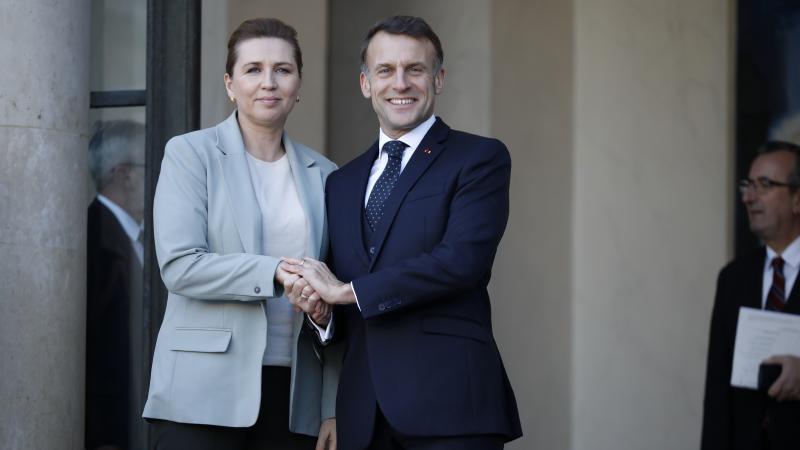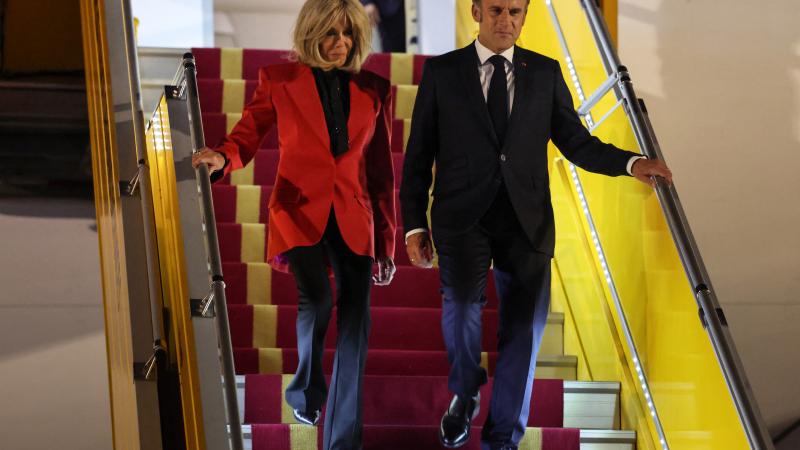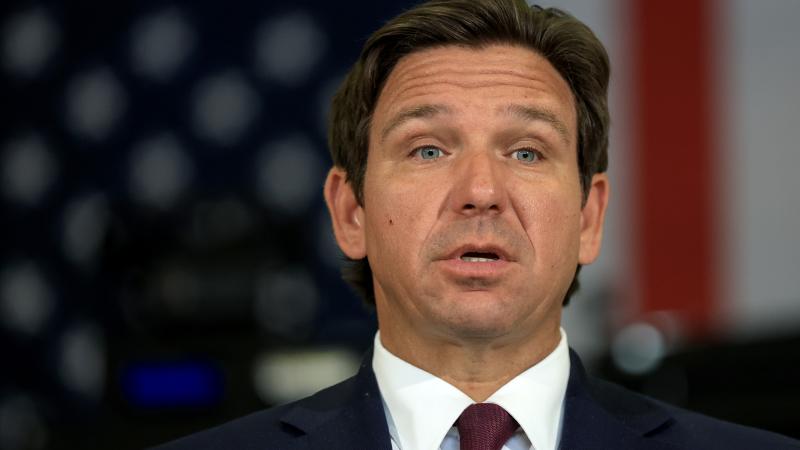Results of France, UK elections expected to continue cycle of incumbent government suffering loses
If there’s a way to describe the election trend so far, it’s ‘throw the incumbents out,’” said Mark Thatcher, an author of several books on British policy and a political science professor.
All indications are that the string of difficult races for incumbent governments around the world will continue in upcoming elections in the U.K. and France – with those two European countries after balloting this weekend likely moving in opposite directions on the political spectrum.
On Thursday, British voters who go to the polls will almost certainly give the boot to Conservative Prime Minister Rishi Sunak in favor of mild-mannered Keir Starmer from the Labor Party.
Meanwhile, polls project that on Saturday and Sunday the center-left government of France’s Emmanuel Macron will be dealt a crippling blow due to the rising support for National Rally, the party headed by right-wing nationalist Marine Le Pen.
While the shift to the left in the U.K. and to the right in France may seem contradictory at first glance both are in line with a trend that is making life difficult for in-power parties and coalitions worldwide, whether on the left or the right.
Governments in Canada, Germany, India, Japan, South Africa, and South Korea – not to mention the tight race in the U.S. between incumbent Democrat President Joe Biden and challenger and former Republican President Donald Trump – have either suffered electoral setbacks this year or have seen approval levels sink to historic lows.
“If there’s a way to describe the election trend so far, it’s ‘throw the incumbents out,’” Mark Thatcher, an author of several books on British policy and a political science professor at LUISS University in Italy, told Just the News. “Voters are tired.”
The U.K.’s Sunak may be in the worst shape of all of them.
After 14 years in power and five polarizing prime ministers with contrasting styles and priorities, the U.K.’s Conservatives appear destined to fail this time around.
In addition to fighting against voter fatigue, the party is dealing with a series of gaffes and a threat from the right in the form of Nigel Farage, the populist best known as one of the architects of the 2016 Brexit vote.
The worst-case scenario for British Conservatives is that their seats in Parliament could be slashed to less than 20% their current level, and Sunak could even suffer the embarrassment of being the first sitting prime minister in the U.K. to lose his seat in Parliament since 1906.
“We could see very big changes in the U.K. without that much of a shift in the electorate,” Tony Travers, a professor with the London School of Economics Department of Government, said in an interview. “The design of the system can produce radical shifts, combined with people wanting a change from the status quo.”
In France, Macron’s hand is not quite as bad. But in voting for European Parliament in early June, his party was rebutted so badly that he called snap elections in hopes of uniting parties in opposition to Le Pen, something that has worked in the past.
However, it didn’t work in the first round of voting last Sunday, when Macron’s party, Renaissance, finished in third behind Le Pen’s National Rally and the left-wing Democratic Movement.
Candidates who earned at least 12.5% of the vote qualify for the second round on Saturday and Sunday, as Renaissance and Democratic Movement vowed to unite behind each one’s strongest candidate in individual districts in hopes of at least depriving National Rally of an outright majority in Parliament.
Regardless of the outcome, Macron will stay in power until the end of his term in 2027. But if Le Pen and her allies have their way, he will have to take on National Rally’s Jordan Bardella as prime minister, essentially assuring that the remainder of Macron’s term will be marked by a long series of electoral clashes and difficult dealmaking.
“If Bardella becomes prime minister we could see some awkward compromises, and maybe a change in government policy on migration and maybe Ukraine,” Ariel Dumont, a journalist with French news magazine Marianne, and a frequent political commentator, said in an interview. “It may work, or it may not work, and if it doesn’t, don’t be surprised if Macron dissolves parliament and calls another snap vote next year.”
The Facts Inside Our Reporter's Notebook
Links
- almost certainly give the boot to Conservative Prime Minister Rishi Sunak
- Franceâs Emmanuel Macron will be dealt a crippling blow
- tight race between incumbent President Joe Biden and challenger and former President Donald Trump
- Mark Thatcher
- Tony Travers
- take on National Rallyâs Jordan Bardella as prime minister
- Ariel Dumont















